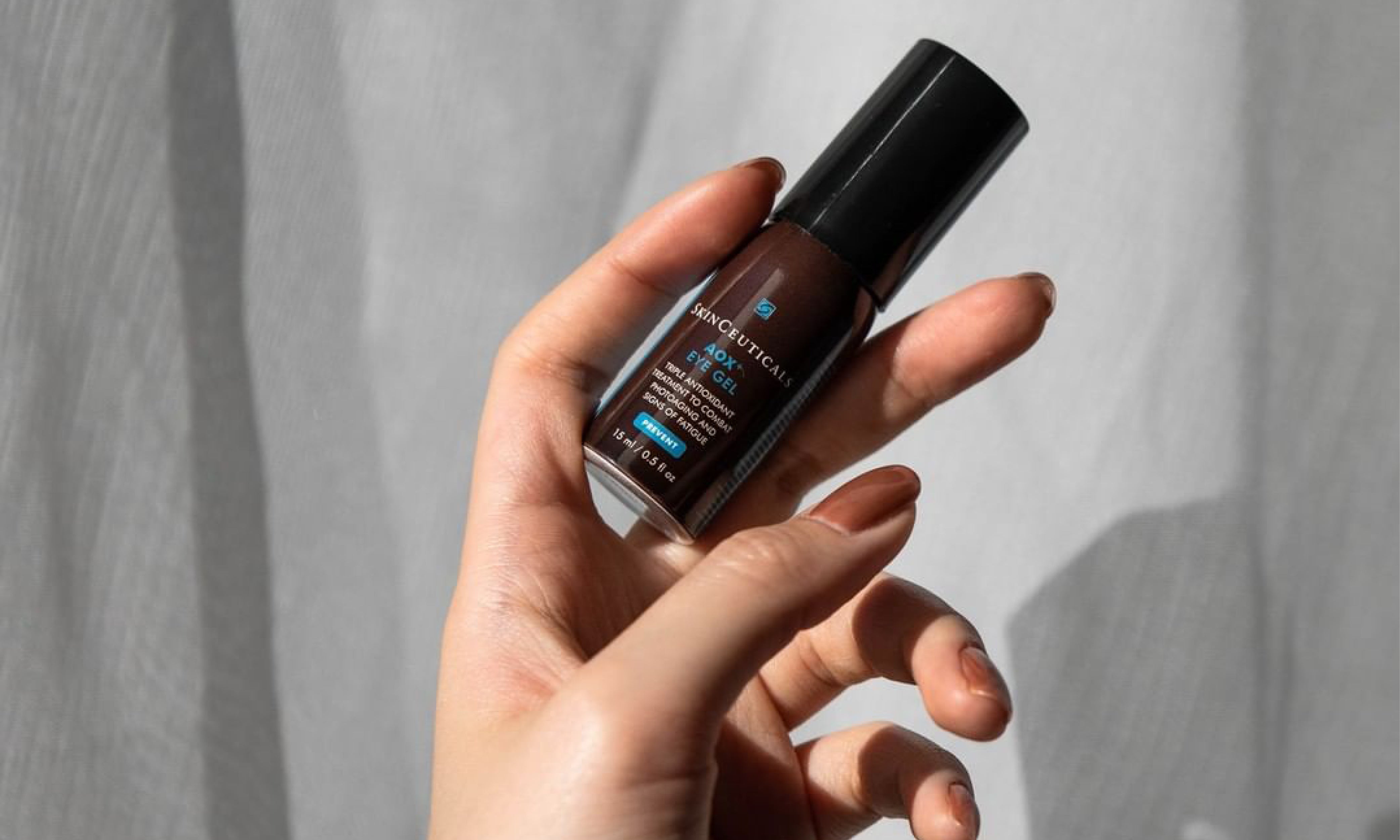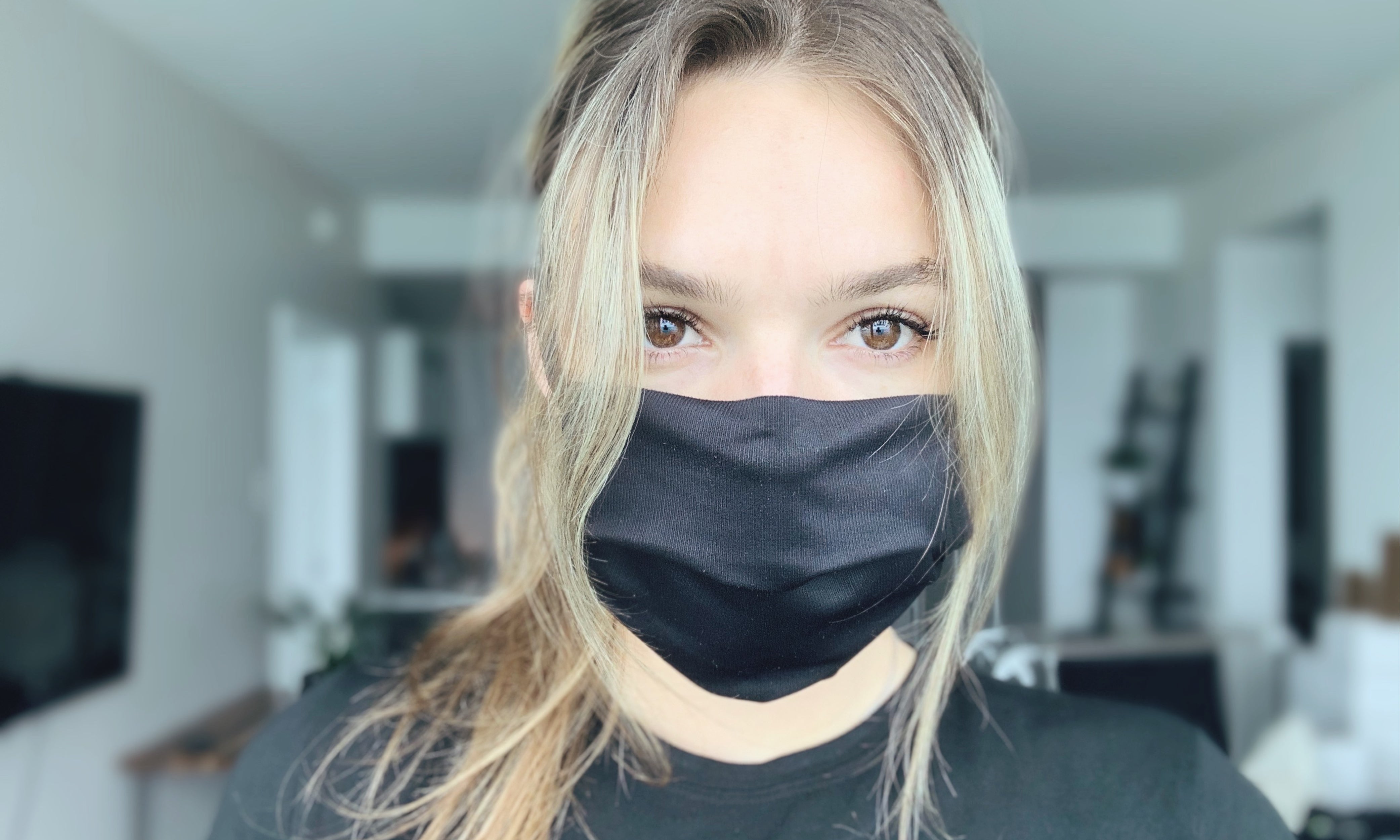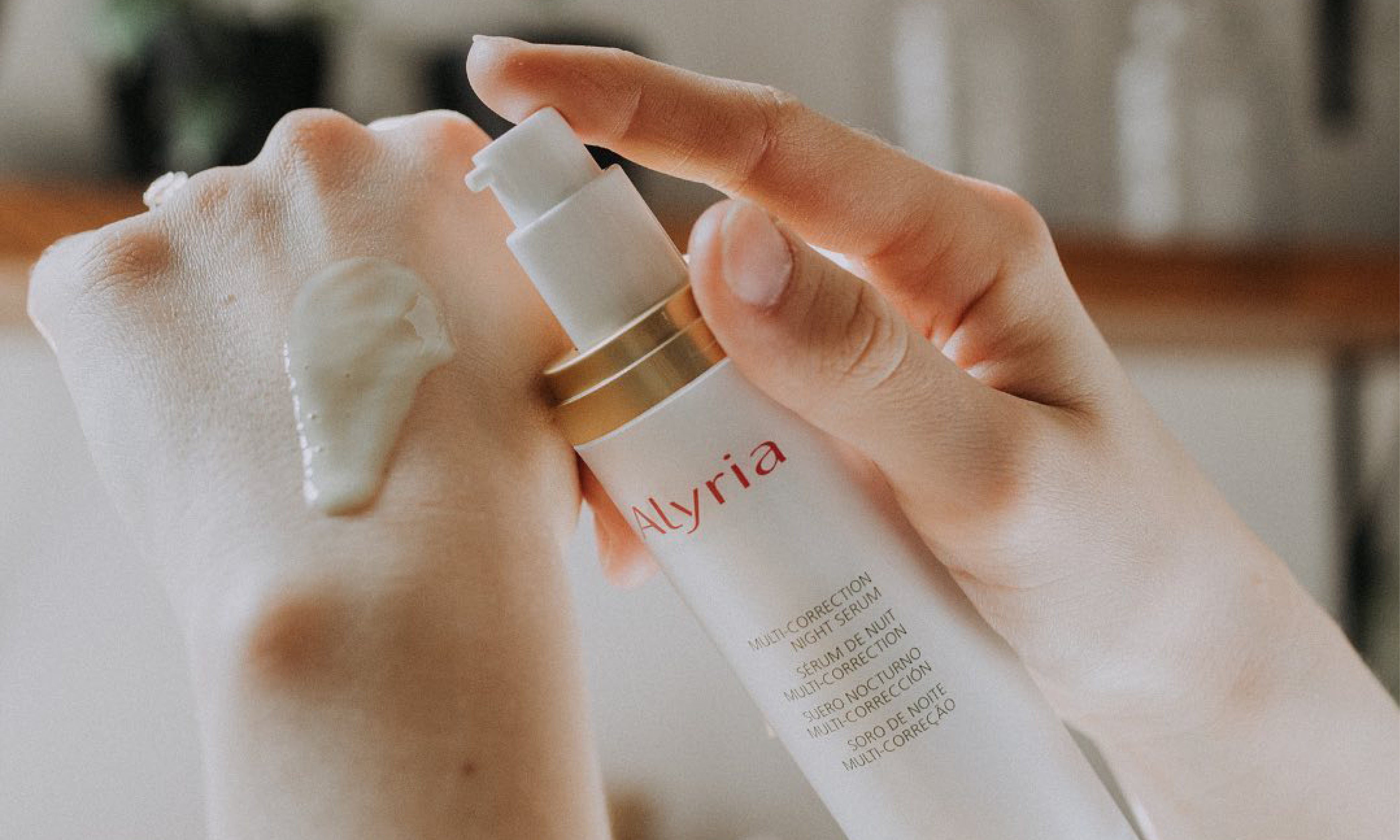
AOX
Antioxidants (aka AOX) are crucial in the fight against free radicals and are recognized today as the “fountain of youth” in skincare. They protect the skin by reducing and counteracting the production of free radicals, which attacks healthy skin cells, causing oxidative stress (or an imbalance between the production of free radicals and the ability of the body to counteract their harmful effects), leading to ageing (premature ageing) of the skin.
Before getting into why it’s important to incorporate antioxidants in your skincare routine and what you can do to protect and treat your skin, let’s quickly review some fun (in-depth) facts and what you should know about your skin, its structure, free radicals and antioxidants:
Four primary functions of your skin: temperature control, sensation, Vitamin D production and protection.
The epidermis: is the outermost layer of the skin, composed of keratinocytes that are approximately 0.1 mm thick in most areas of the body. The epidermis contains approximately 20% water and is made up of four layers (from top to bottom): stratum corneum, stratum granuloseum, stratum sonosm and basal layer.
The dermis: is found below the epidermis and comprises two zones, papillary (upper part) and reticular (lower part). The dermis is what gives the skin firmness and tone; it is 10-40 x thicker than the epidermis. The dermis contains fibroblasts, oil glands, hair follicles, blood vessels and sweat glands.
The dermal-epidermal-junction (DEJ): anchors the epidermis to the dermis and is made up of collagen. The cells of the epidermis receive nutrients from the blood vessels in the dermis. When you’re young, healthy DEJ has ridges for increased nutrient supply, however, as your skin ages, the DOJ flattens.
Free radicals: play a dual role in the body and are both beneficial and harmful. For example, your body creates free radicals to neutralize bacteria and viruses. However, too much of it can lead to diseases. Free radicals are atoms or molecules that have one or more unpaired, unstable and reactive electrons. The main target of free radicals are electron-rich molecules, including lipids (cell membrane components), nucleic acid (DNA/cell nucleus) and proteins (collagen and elastin). The skin components that are mostly attacked by free radicals are keratinocytes (epidermal cells producing keratin), melanocytes (a mature melanin-forming cell) and fibroblasts (a cell in connective tissue which produces collagen and other fibres). To gain stability, when a free radical comes into contact with a new molecule, it turns this new molecule into a free radical. The formation of free radicals has a cascade effect, resulting in damage that destroys the structures of your skin (collagen, elastin, DNA) and, in elevated levels, can cause significant damage to proteins. Environmental factors such as pollution, the sun's radiation, chemicals, cigarette smoke, alcohol and stress can trigger the formation of free radicals.
Antioxidants: are molecules that inhibit oxidation of other molecules, by giving their own electrons to free radicals, thus neutralizing them. This stops the cascade-effect and their damaging and destructive effects on the skin structure. Unlike other molecules, the antioxidant molecule is not unstable or reactive when it has an unpaired electron. Antioxidants can be both water- and lipid-soluble, forming an excellent synergy when formulated together. Water-soluble antioxidants perform their actions in the fluid inside and outside cells, whereas lipid-soluble antioxidants act primarily in cell membranes. The good news is that antioxidants found in skincare products can help your skin fight free radical damage and recover from oxidative stress.
Here are a few of the most popular antioxidants used in professional skincare products:
- Vitamin C (probably the most well-known and studied antioxidant used in modern skincare and a favourite among skincare professionals)
- Retinol (vitamin A)
- Vitamin E
- Resveratrol
- Coenzyme Q-10 (CoQ-10)
- Niacinamide
- Polyphenols
- Flavonoids
Want to know why antioxidants are a must in your skincare routine? Here are some of their top benefits:
- Antioxidants calm inflammation and help to correct signs of ageing: think about it, your skin is your largest organ; therefore, when it’s inflamed, it can lead to diseases (as with any other organ). By reducing inflammation, you ultimately prevent and slow down the ageing (premature ageing) process - thus the development of fine lines, wrinkles, loose saggy skin, acne breakouts and uneven tone. Inflamed skin hinders its rejuvenation process. Oxidative stress breaks down collagen, inhibits the skin’s natural ability to repair itself and triggers inflammation
- Antioxidants promote skin firming: ingredients such as coenzyme Q-10 (CoQ-10) are very popular and are used in skincare to tone, firm and tighten
- Antioxidants reduce the appearance of fine lines and wrinkles: remember to manage expectations, as there is no miracle cure! With that in mind, products containing antioxidants work to plump and give the appearance of a more healthy, youthful and radiant complexion. We particularly love Vitamin C, because it stimulates collagen production, which is vital for youthful skin. Want a more youthful glow? Use products that contain antioxidants, period!
- Antioxidants brighten skin tone: free radicals and sun exposure trigger changes in the skin's melanin production, causing hyperpigmentation (sun spots and uneven tone). By reducing inflammation and photodamage caused by UVA/UVB rays, antioxidants work to prevent hyperpigmentation and, in fact, some of them (including vitamin C) have been recognized as tyrosinase inhibitors, the enzyme that stimulates melanin production
- Antioxidants help skin repair itself and can reduce scars: inflamed skin impedes the skin’s rejuvenation process, therefore reducing it with antioxidants will allow your skin to rejuvenate, repair and correct. Where scars are concerned, they are rigid and have a different cellular structure than healthy skin, therefore, some antioxidants (such as aloe vera++) encourage increased blood circulation (rejuvenation and cellular turnover) which help minimize and blend their appearance
- Antioxidants repair sun damage and help prevent sunburn: the sun is dangerous and can play havoc on your skin, as it dehydrates and damages the cells making the skin dry, thin, wrinkled and uneven. Antioxidants stimulate blood flow, encouraging rejuvenation and cellular turnover. This alone is a great anti-ageing option to prevent and protect. In addition, antioxidants have anti-inflammatory properties that stop the skin's inflammatory response to the sun's harmful rays, thus preventing sunburn and optimizing protection against damage and photoaging. Tip: Vitamins A, C and E have anti-carcinogenic properties that may help prevent skin cancer
- Antioxidants encourage hydration and increase moisture retention: which helps to revitalize dull-looking skin
SkinCeuticals is one of our recent brand launches and is quickly moving to our top-selling brands’ list! They are renowned for products that contain antioxidants; famous for their vitamin C and comprehensive product formulations. See below for a few of our top sellers. All three of the following products strengthen the skin's natural protection from free radicals induced by environmental stressors, including UVA/UVB, infrared radiation (IRA) and pollution.

Improves firmness, reduces fine lines and wrinkles and brightens the complexion. Recommended for normal, combination and dry/dehydrated skin types. It complements injectables, chemical peels, laser procedures for photodamage and skin laxity.

Evens skin tone, improves radiance, retextures skin and diminishes fine lines and wrinkles. It is recommended for oily (to normal) problematic skin types. It complements injectables, chemical peels, laser procedures for photodamage and skin laxity.

Combats photoaging, improves signs of fatigue and dark circles around the eye area. It is recommended for all skin types including normal, combination and dry/dehydrated.
Want personalized advice regarding the best choices for you and your concerns? Contact us to ask questions and/or to book a virtual appointment.
Your skin is your largest organ, so make sure you take care of it.
Tasch xxx











Leave a comment
This site is protected by hCaptcha and the hCaptcha Privacy Policy and Terms of Service apply.